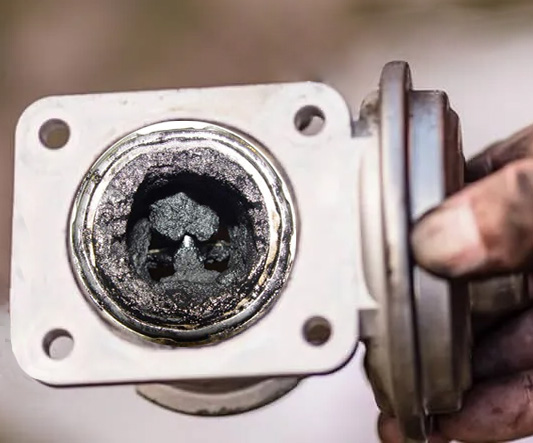General Motors (GM) will be contacting the owners of certain 2021-2022 Cadillac, Chevrolet, and GMC SUVs equipped with third-row seating. These vehicles may have been manufactured with an improperly formed mounting bracket rivet that may not restrain an occupant during an accident.
The vehicles affected by this problem include:
| 2021-2022 Cadillac Escalade |
| 2021-2022 Cadillac Escalade ESV |
| 2021-2022 Chevrolet Suburban |
| 2021-2022 Chevrolet Tahoe |
| 2021-2022 GMC Yukon |
| 2021-2022 GMC Yukon XL |
In May 2022, a GM dealership received a customer complaint about the separation of the third row seat belt assemblies in their 2021 Chevrolet Suburban. The problem was submitted to GM’s Speak Up For Safety program and a formal investigation was opened. During this investigation, another seven additional field reports were found that could be related to this condition. Further investigation into the problem determined that operators at the seat belt buckle assembly supplier’s manufacturing plant may have not properly followed manufacturing processes and as a result, may have missed the rivet forming operation. In July, GM’s investigator met with the seat belt buckle assembly supplier to determine the scope of potentially affected parts. On August 4, 2022, GM’s Safety Field Action Decision Authority (SFADA) decided to conduct a safety recall.
According to the defect report, the rivet that retains the buckle to the mounting bracket in the left and/or right side third-row seat belt buckle assembly may not have been properly formed during the manufacturing process. If the assembly is not properly riveted, it will not restrain occupants during an accident and could result in increased injuries.
Owners receiving recall notices will be asked to return to their GM dealer to have the rivet head formation on both the left and right side third-row seat belt buckle assemblies inspected and replace seat belt buckle assemblies, as necessary. GM’s number for this recall is N222372380 and the NHTSA campaign number is 22V-617.



